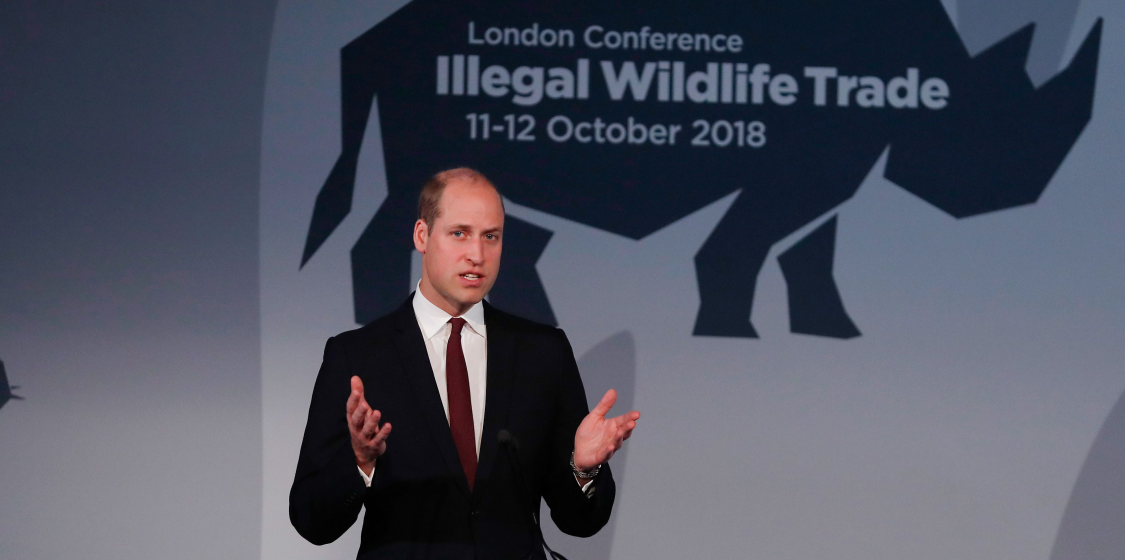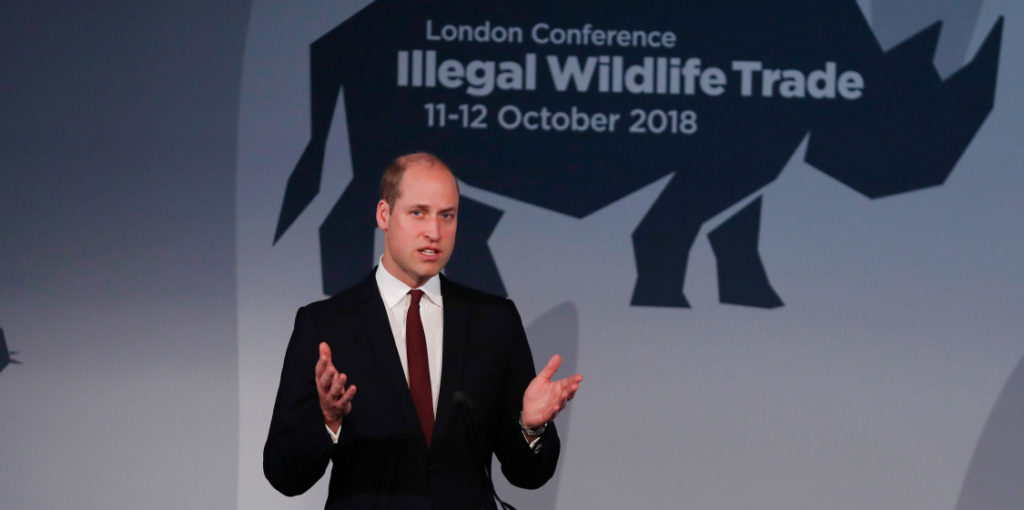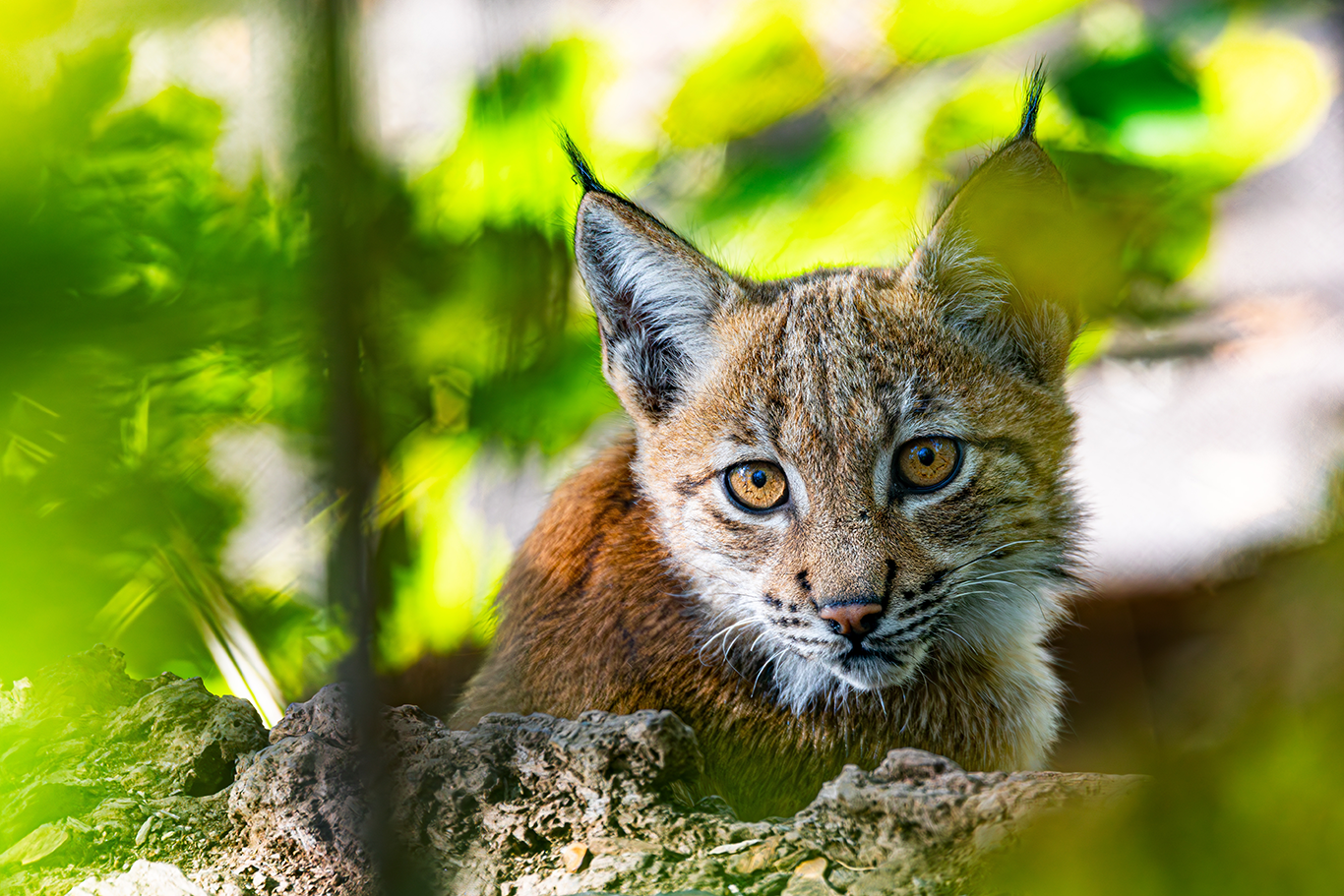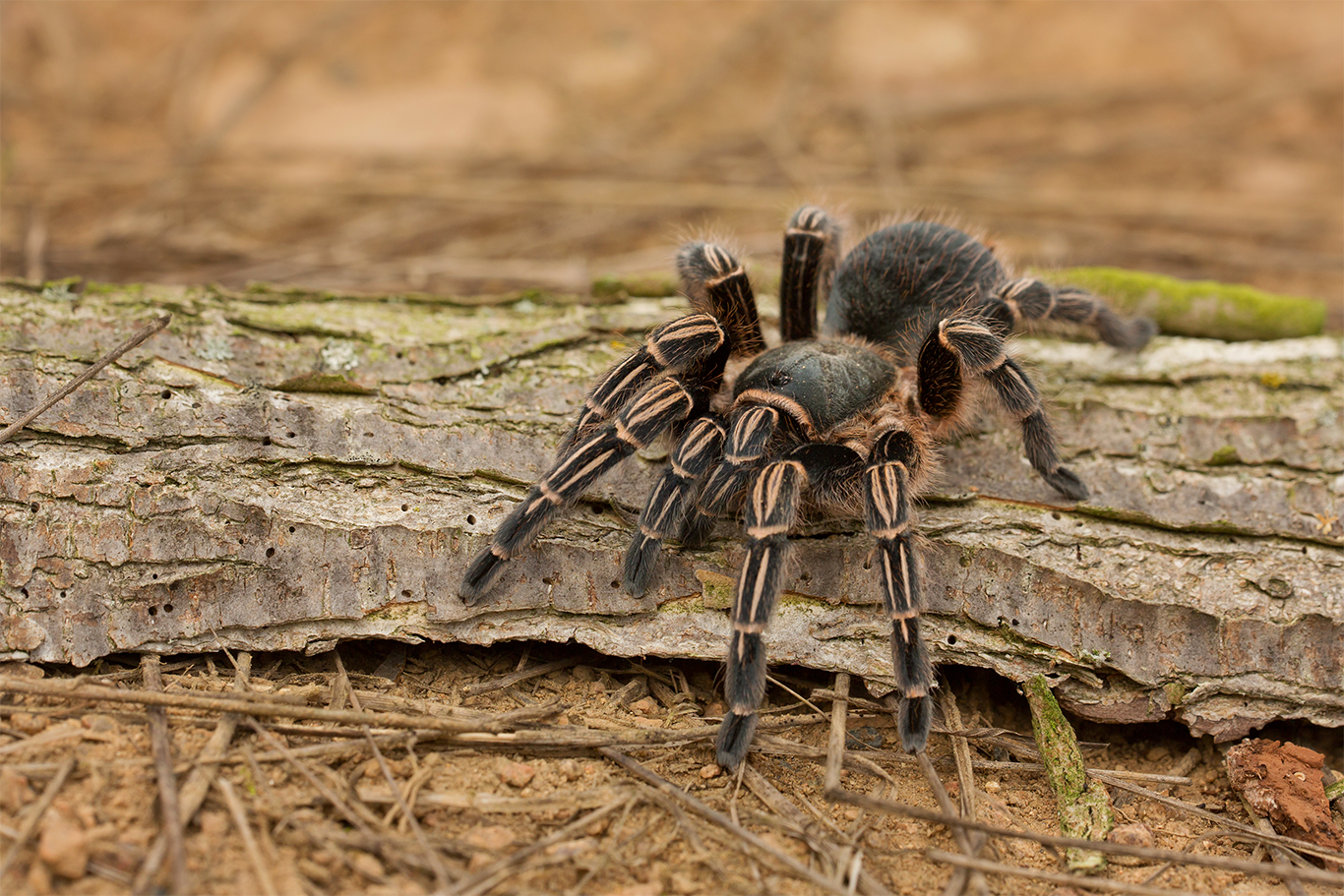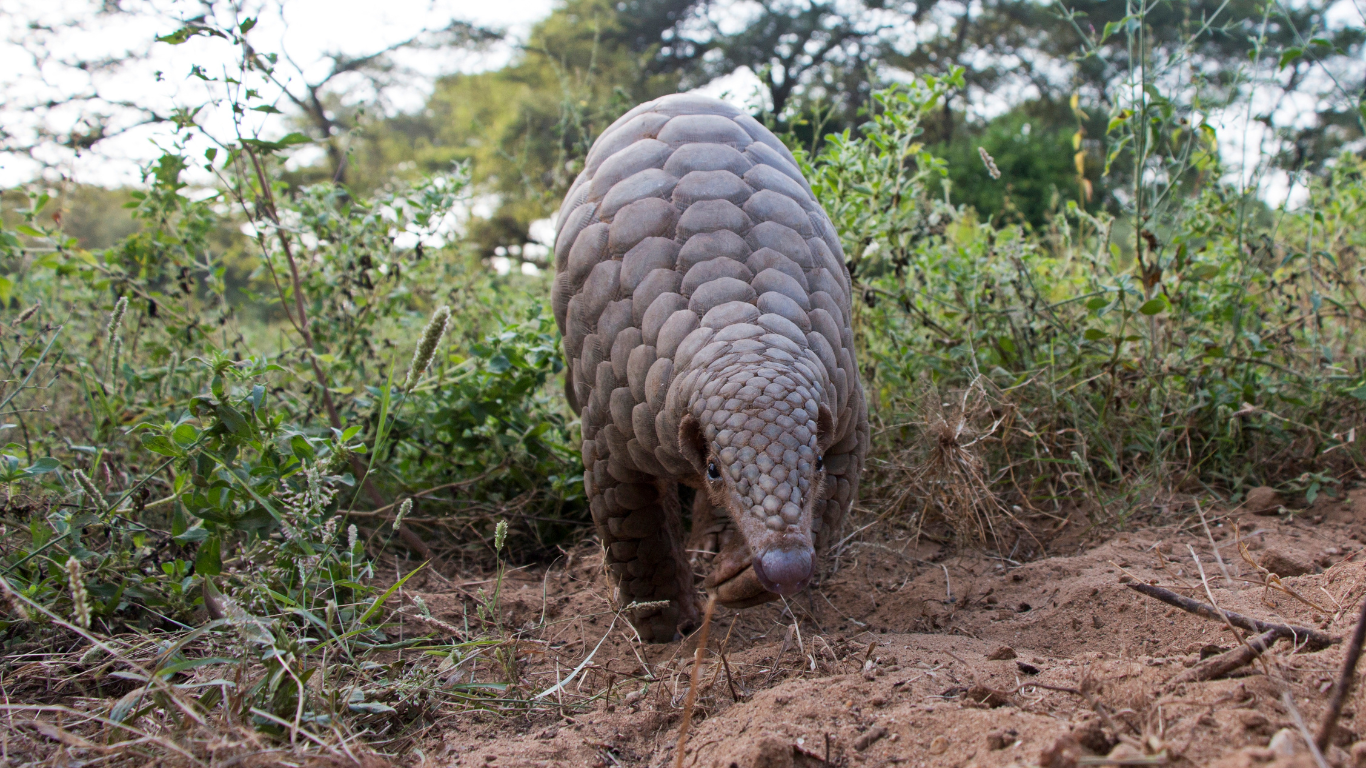The illegal trade in elephant ivory has more than doubled since 2007. This is just one of the startling facts to come out of an international conference on the illegal wildlife trade that was held in London this week. Other distressing statistics are:
- There are believed to be as few as 3,200 wild tigers remaining in the world today, a decline of 95% from just over 100 years ago.
- Approximately 277,000 pangolins have been illegally traded since 2000. Pangolins are the most trafficked animals on earth, prized for their scales which are used in traditional Asian medicine.
- There has been a substantial increase in rhino poaching in Africa in the past 10 years – 1,338 rhinos were killed for their horn across Africa in 2015, the worst year on record.
- Most African elephant poaching happens in Central Africa where poaching rates are twice the continental average.
- The lives of those working to protect endangered wildlife are also at risk; in the last year, over 100 wildlife rangers have died in the line of duty, many at the hands of poachers.
Participants at the London conference sought to strengthen international partnerships in an effort to tackle the illegal wildlife trade which is worth as much as £17-billion (US$22.5-billion). It is the fourth most lucrative international crime after drugs, weapons and human trafficking and the criminals who run the trade do more than damage wildlife – they use networks of corrupt officials and agencies to undermine the rule of law, damaging the lives and development of local communities in the process.
The London conference was the fourth in a series of high-level events that began with the London conference in the UK in 2014, followed by Kasane, Botswana, in 2015 and Hanoi, Vietnam, in 2016. All four events focused on tackling illegal wildlife trade as a serious organised crime – strengthening law enforcement and addressing associated corruption; building coalitions; harnessing technology and innovation; and closing markets for illegally traded wildlife.
- Britain’s Duke of Cambridge has announced the establishment of a financial task force aimed at choking the international money flows that facilitate the illegal trade in wildlife.
The Duke made the announcement at the Illegal Wildlife Trade Conference in London this week. More than 30 international banks and financial institutions have pledged to train staff to identify and share intelligence on suspicious transactions linked to the illegal trade in elephant ivory, rhino horn, and the body parts of other endangered species.

